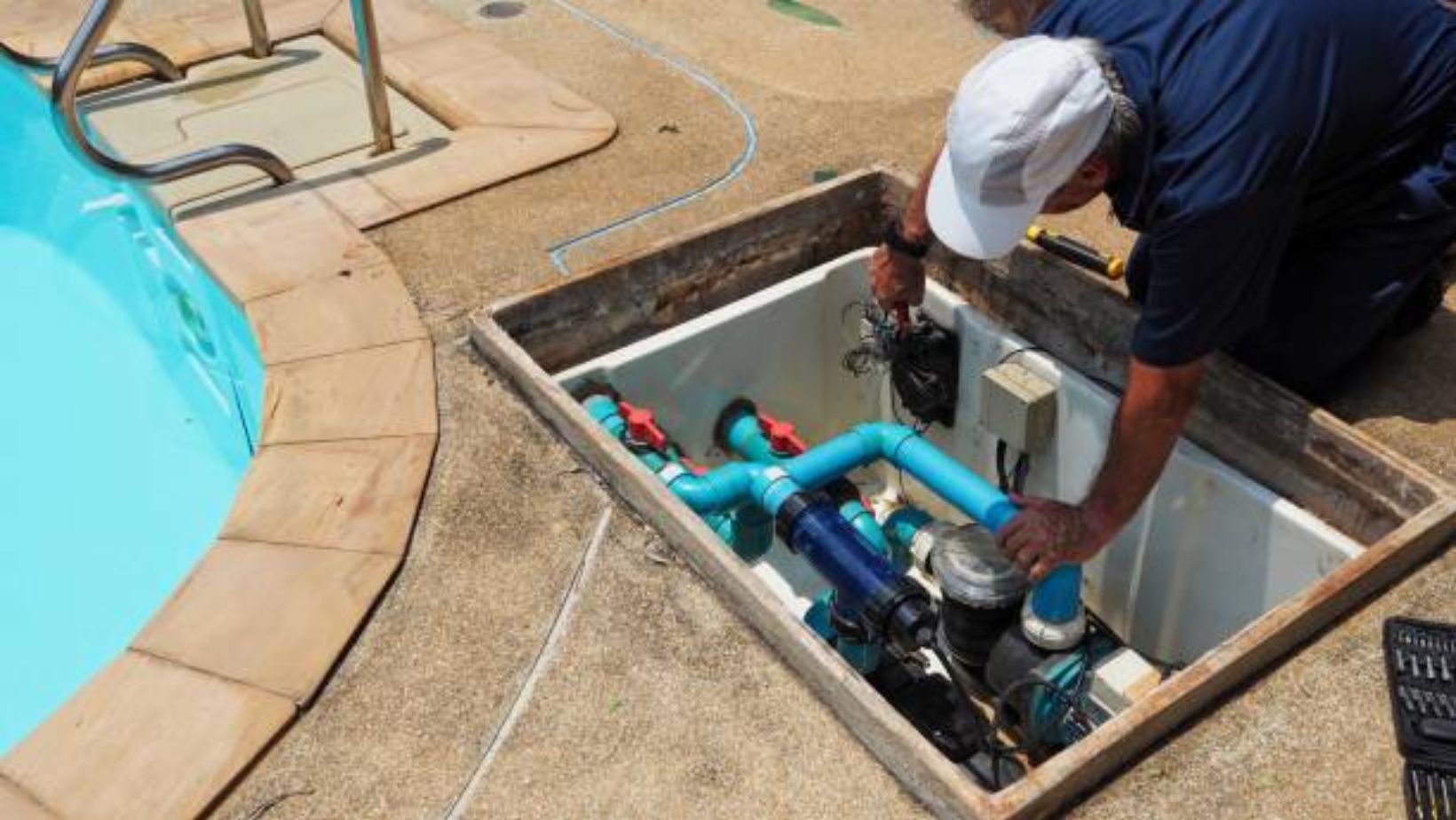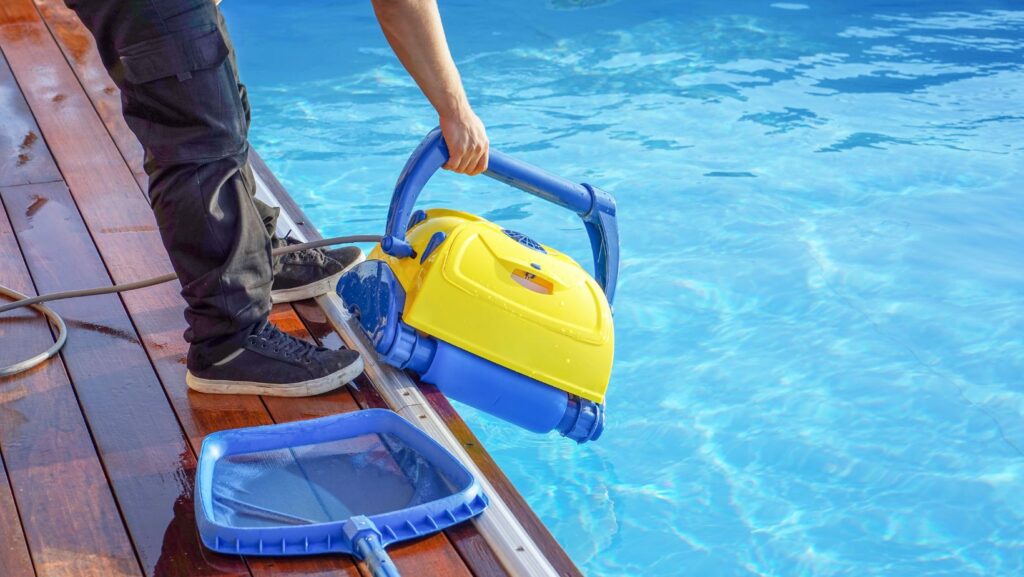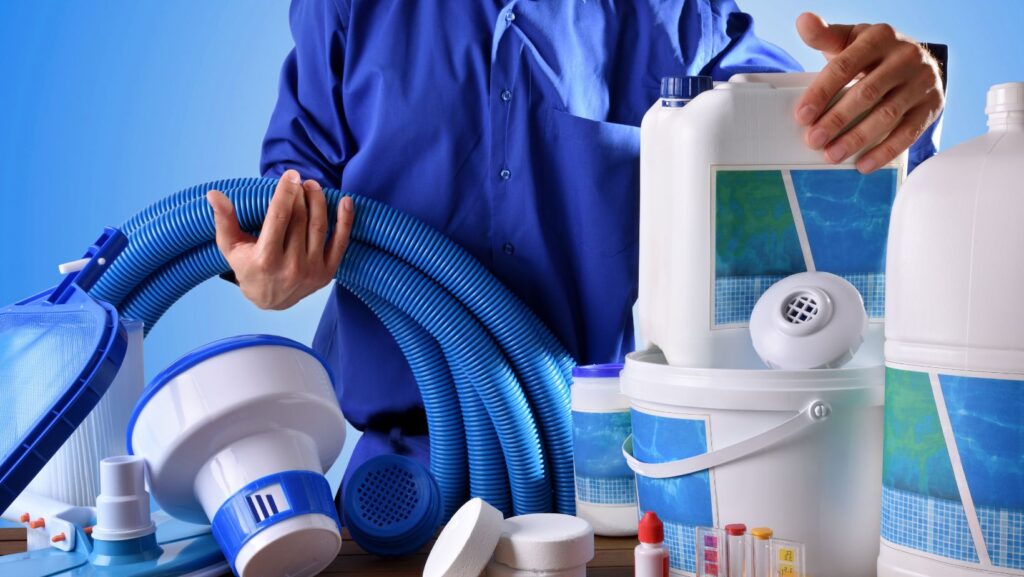
Investing in a swimming pool involves careful consideration of various factors, including the selection of pool equipment. From pumps and filters to heaters and automation systems, choosing the right pool equipment is essential for ensuring efficient operation, water quality maintenance, and overall enjoyment. This comprehensive overview provides insights into key considerations when selecting pool equipment, helping you make informed decisions to enhance your swimming pool experience.
Importance of Quality Pool Equipment
Quality pool equipment is crucial for maintaining a clean, safe, and functional swimming environment. Each component plays a vital role in water circulation, filtration, heating, and sanitation, contributing to water clarity, energy efficiency, and operational reliability. By investing in reliable and efficient pool equipment, pool owners can minimize maintenance costs, extend equipment lifespan, and optimize overall pool performance.
Essential Pool Equipment Components
Pool Pumps
Pool pumps are the heart of the circulation system and are responsible for circulating water through the filtration system to remove debris and maintain water clarity. When choosing a pool pump, consider factors such as pump size (measured in horsepower), flow rate (gallons per minute), energy efficiency (measured by motor efficiency and pump speed), and noise levels. Variable-speed pumps are increasingly popular for their energy-saving benefits and customizable operation.
Pool Filters
Pool filters remove debris, dirt, and other particles from the water, ensuring clean and clear pool water. Common types of pool filters include sand filters, cartridge filters, and diatomaceous earth (DE) filters. Factors to consider when selecting a pool filter include filtration efficiency, maintenance requirements, water flow rate, and filter capacity. Choose a filter size and type that matches your pool size and filtration needs.
Pool Heaters
Pool heaters regulate water temperature, extending the swimming season and enhancing comfort. Heater options include gas heaters, electric heat pumps, and solar heaters, each offering distinct advantages in terms of heating efficiency, operating costs, and environmental impact. Consider factors such as heating capacity, energy efficiency ratings (e.g., COP for heat pumps), installation requirements, and maintenance costs when selecting a pool heater.
Pool Sanitization Systems
Sanitization systems, such as chlorine generators (saltwater chlorinators) and UV/Ozone systems, disinfect pool water to eliminate harmful bacteria and pathogens. Saltwater chlorinators use electrolysis to generate chlorine from salt, offering a gentler alternative to traditional chlorine treatments.

UV/Ozone systems use ultraviolet light or ozone gas to destroy contaminants, reducing the reliance on chemical sanitizers and enhancing water quality. These systems are integral components of pool equipment At 1 Pool Care, ensuring optimal sanitation and water clarity for a safe swimming environment.
Pool Automation Systems
Pool automation systems provide convenient control over pool operations, including pump schedules, heater settings, lighting, and water features. Advanced automation systems can be operated via mobile apps or integrated with home automation systems, allowing remote monitoring and adjustment of pool functions. Consider features such as compatibility with existing equipment, user interface simplicity, and integration capabilities when choosing a pool automation system.
Factors to Consider When Choosing Pool Equipment
Pool Size and Type
The size and type of your pool significantly influence the selection of pool equipment. Larger pools require more powerful pumps and larger capacity filters to maintain adequate circulation and filtration. Additionally, factors such as pool usage frequency, location (indoor or outdoor), and environmental conditions (e.g., climate, debris) should be considered to determine equipment specifications and performance requirements.
Energy Efficiency
Energy-efficient pool equipment helps reduce operational costs and minimize environmental impact. Look for equipment with ENERGY STAR® certification or high Energy Efficiency Ratio (EER) ratings for pumps and heaters. Variable-speed pumps, in particular, offer significant energy savings by adjusting motor speed based on pool demand, optimizing energy consumption without compromising performance.
Durability and Reliability
Invest in pool equipment from reputable brands known for durability, reliability, and long-term performance. Quality materials, advanced technology, and comprehensive warranty coverage are indicators of equipment reliability.

Research customer reviews, seek recommendations from pool professionals, and compare product specifications to make informed decisions about equipment durability and manufacturer support.
Maintenance Requirements
Consider the maintenance requirements and operational ease of pool equipment before making a purchase. Choose equipment that is easy to clean, service, and maintain to ensure consistent performance and longevity. Regular maintenance tasks may include cleaning filters, inspecting pump seals, and testing water chemistry, so select equipment that facilitates straightforward maintenance procedures.
Conclusion
Choosing the right pool equipment is essential for optimizing pool performance, enhancing water quality, and maximizing energy efficiency. By carefully evaluating factors such as pump size, filter type, heater efficiency, sanitization methods, and automation capabilities, pool owners can create a reliable and enjoyable swimming environment. Prioritize quality, energy efficiency, and compatibility with your pool’s specifications to ensure long-term satisfaction and minimal maintenance costs. Whether you’re upgrading existing equipment or planning a new pool installation, informed decision-making will contribute to a rewarding and sustainable swimming pool experience.



